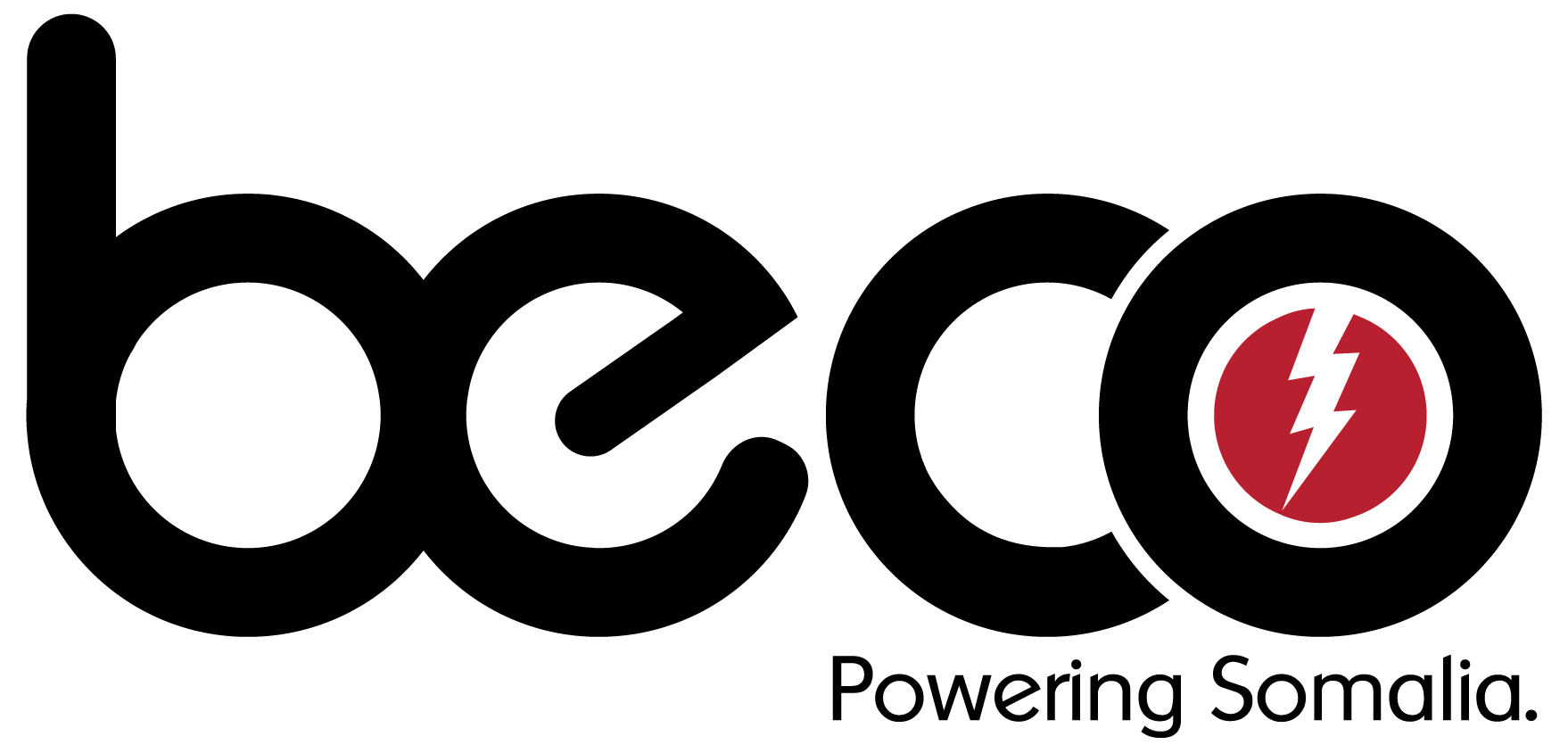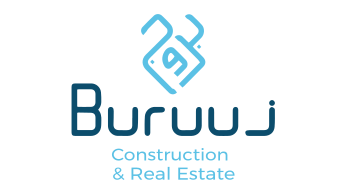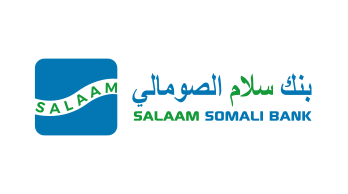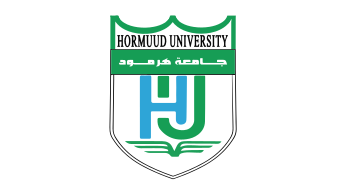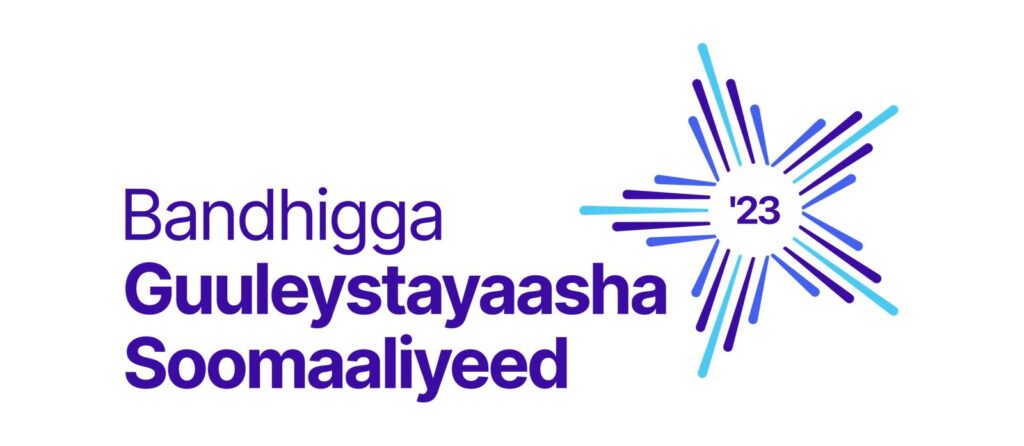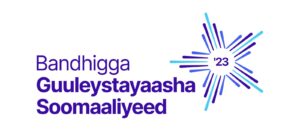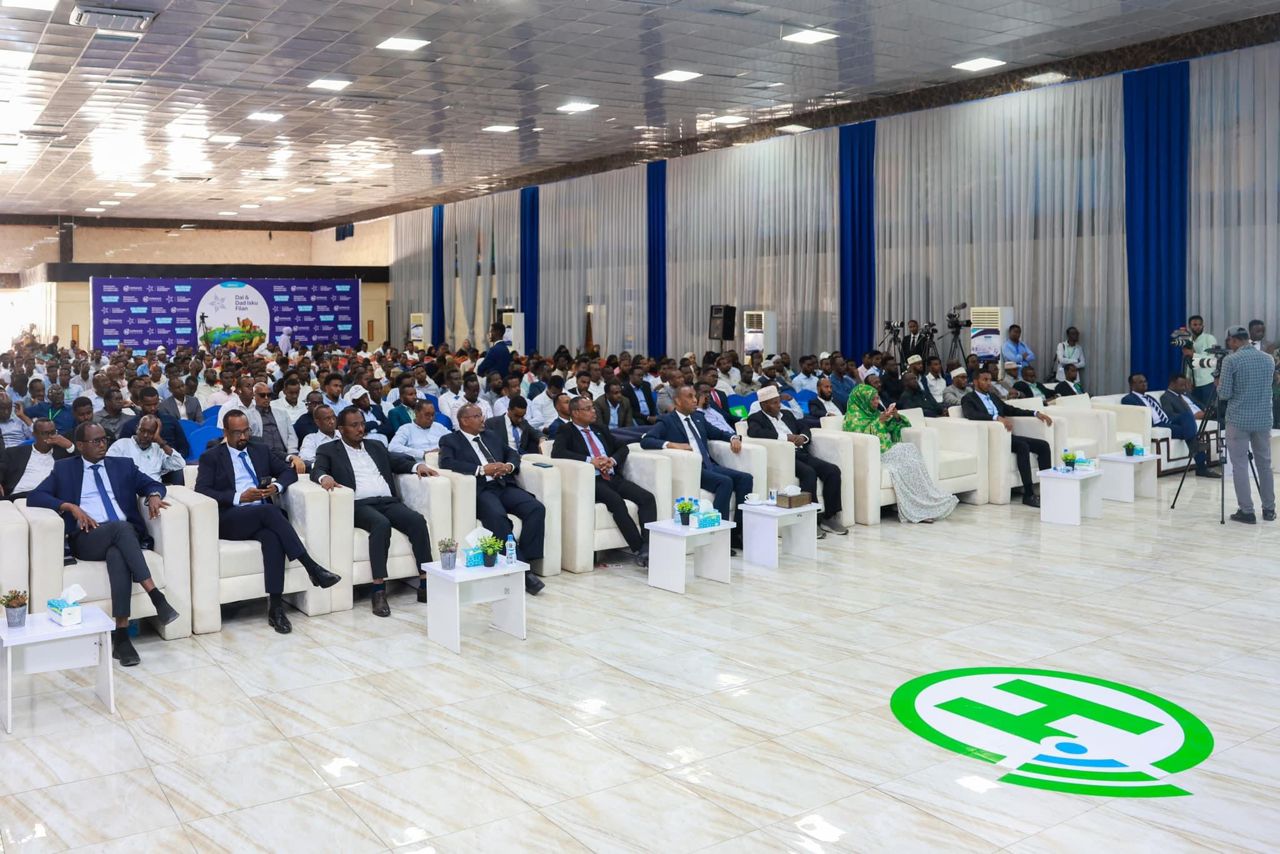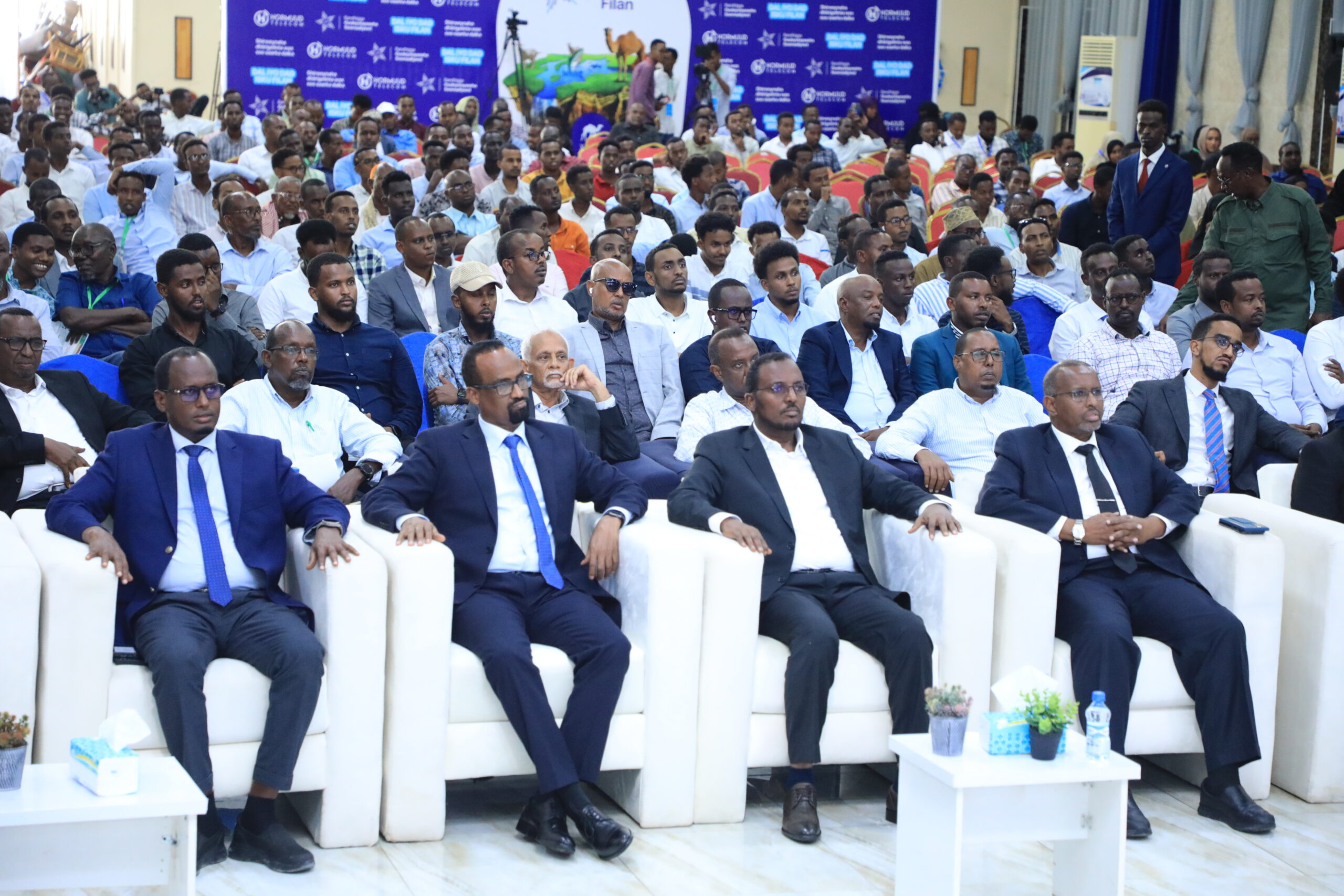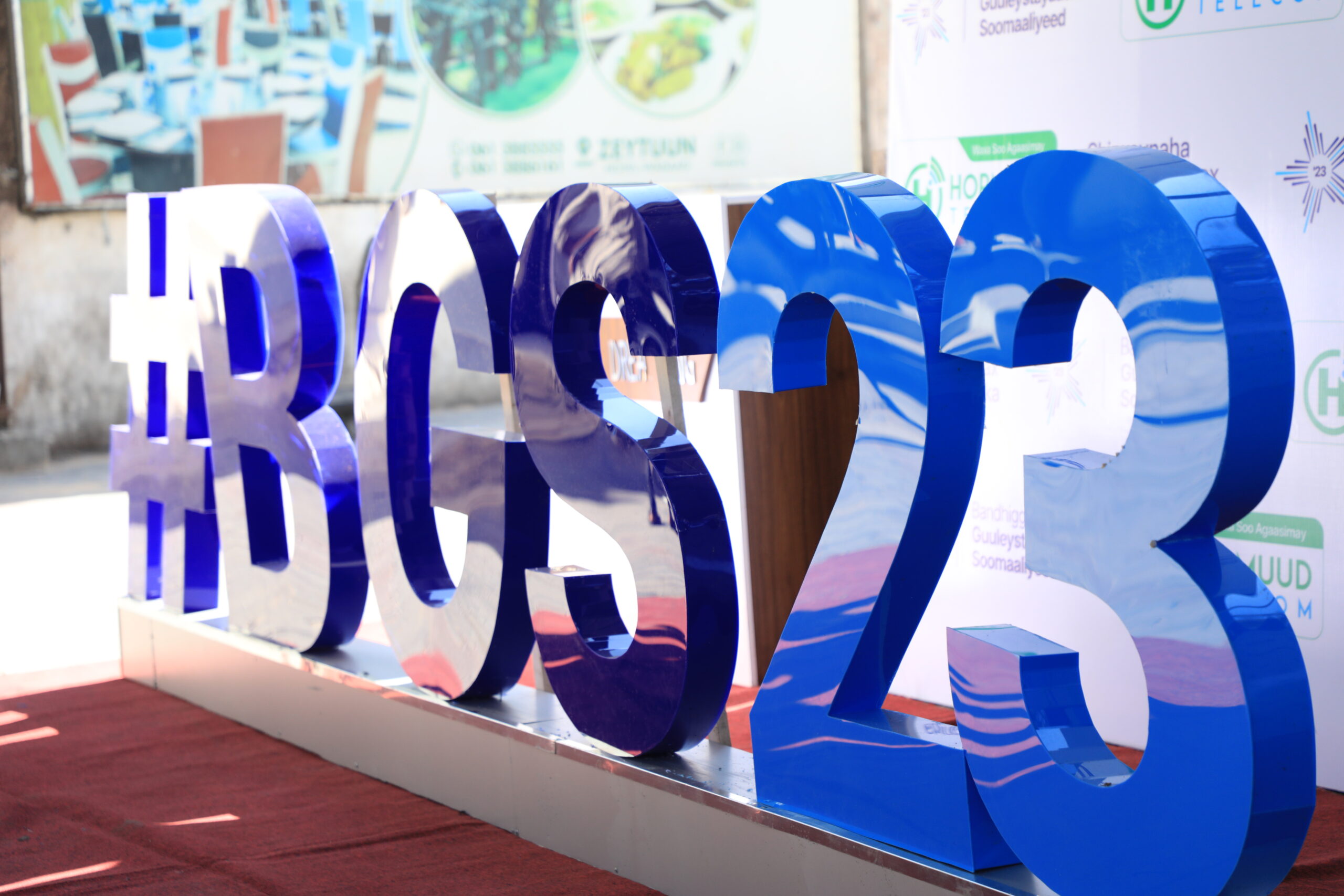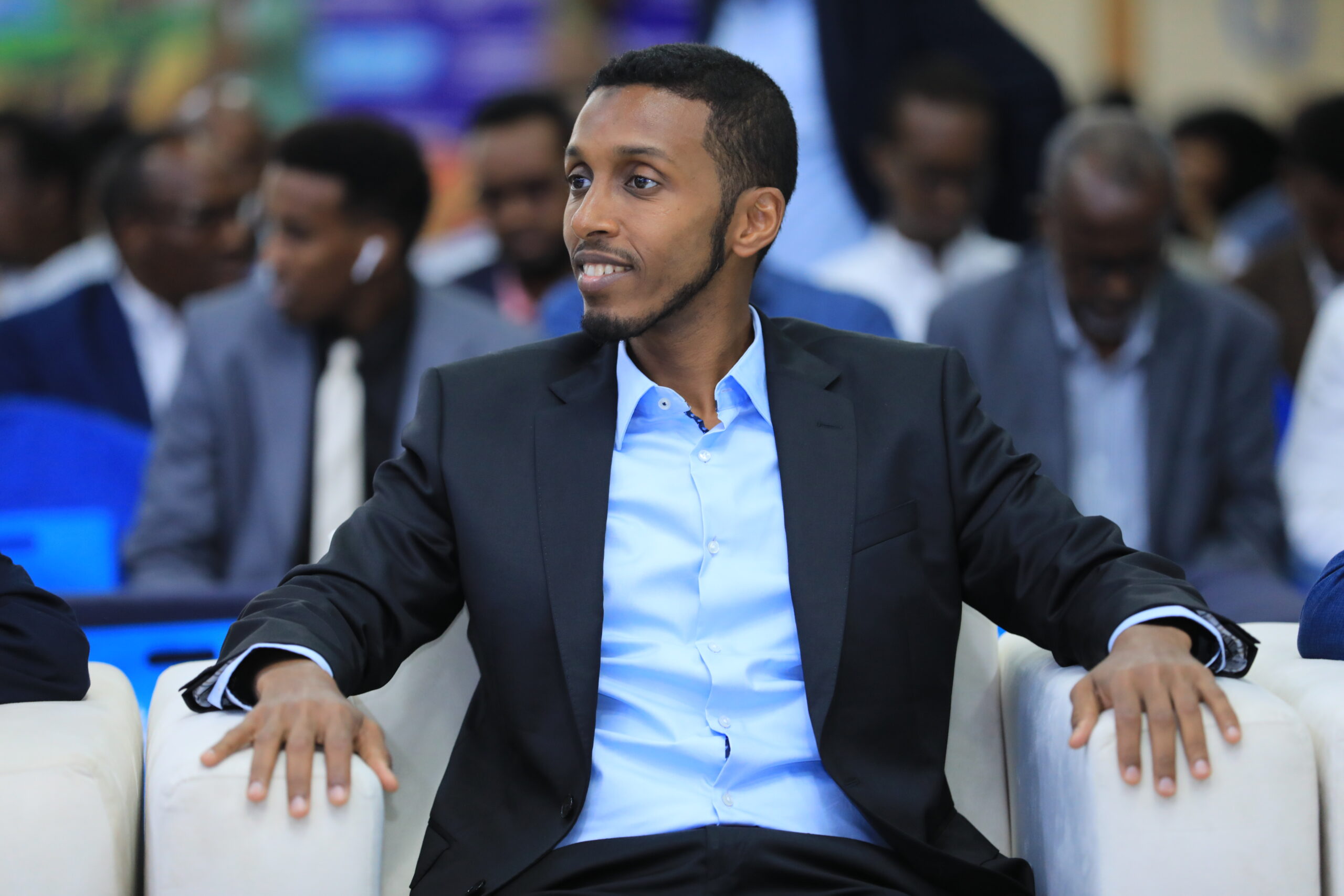Despite structural challenges and the COVID-19 pandemic, Somalia’s economy has shown a measure of resilience, attributable to increased private sector activities, particularly in the transport, telecommunications, remittances, export and business services sectors. The latest World Bank Somalia Economic Update projects gross domestic product (GDP) growth to reach pre-COVID-19 levels of 3.2% in 2023 and 3.7% in 2024, thanks largely to improved remittances and aid inflows.
Agriculture is the most important sector, with livestock supporting increased economic activity, typically accounting for more than 50% of export revenue and roughly 40% of GDP. Farming is still a key economic activity, with dried lemon becoming the second-largest crop exported after sesame in the wake of the complete collapse of banana exports. Despite having abundant fish reserves, coastal fishing in Somalia has remained small-scale and artisanal, whereas offshore fishing has been profitable for foreign commercial vessels both legally and illegally. In the last few decades, improvements in Somalia’s ICT and technology environment have increased opportunities in the country’s digital economy. This owes to rapid digitization across the public and private sector spheres.
This high-level forum tackles Somalia’s domestic economic production landscape and will provide delegates with an understanding of the sector’s overall key opportunities—and existing and emerging challenges—with a focus on the use of technologies in the production process. The forum aims to promote sustainable local production and to reduce dependence on imports by boosting Somali exports of quality agriculture and fish, increasing dairy production, and increasing jobs in these key areas.
Agriculture
Livestock
Fishing
Somalia has approximately 8.9 million hectares of fertile agricultural land
Livestock is the most dependable sector of Somalia’s productive sectors
Somalia has one of the most profitable fishing grounds in Africa.
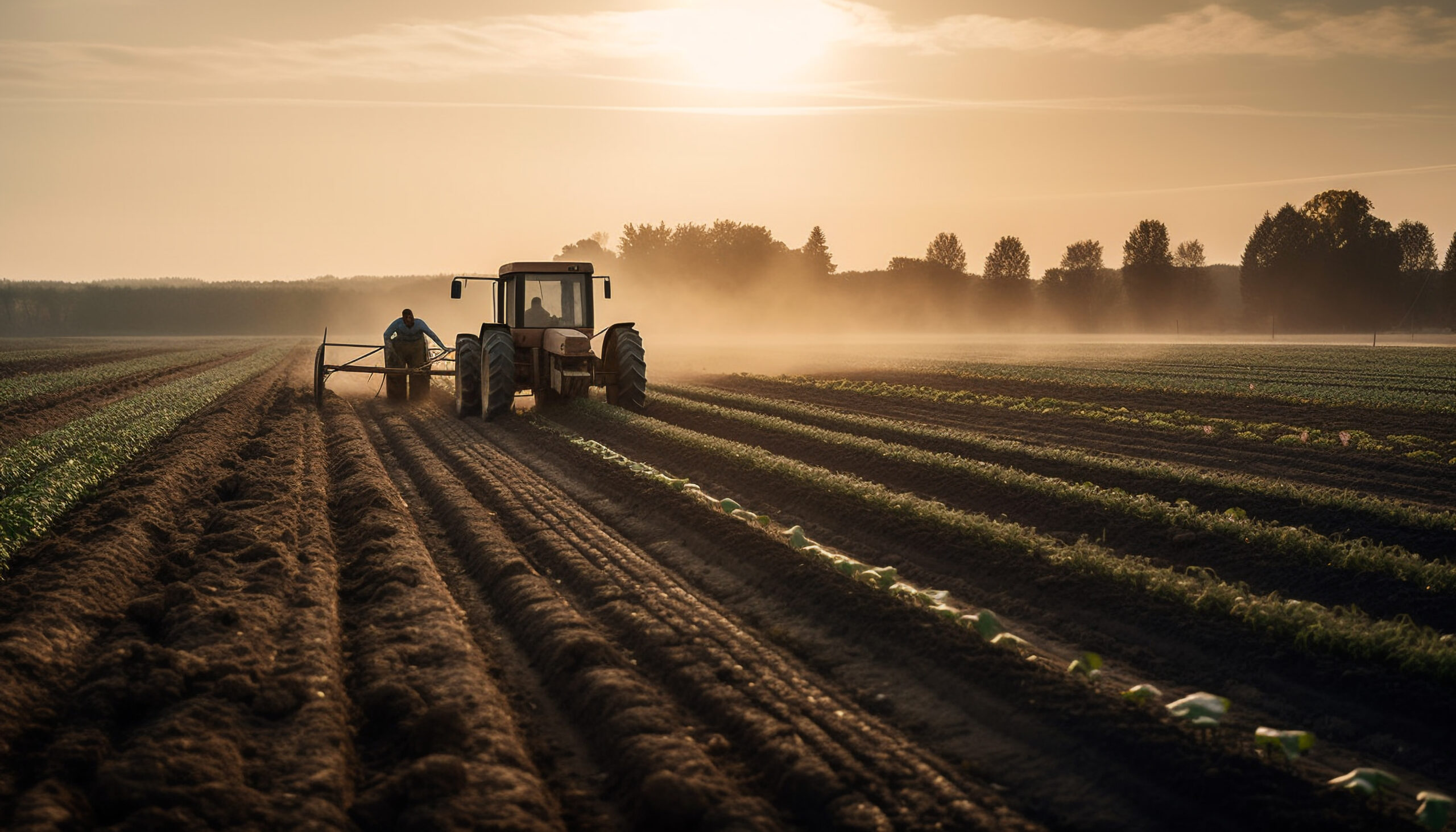

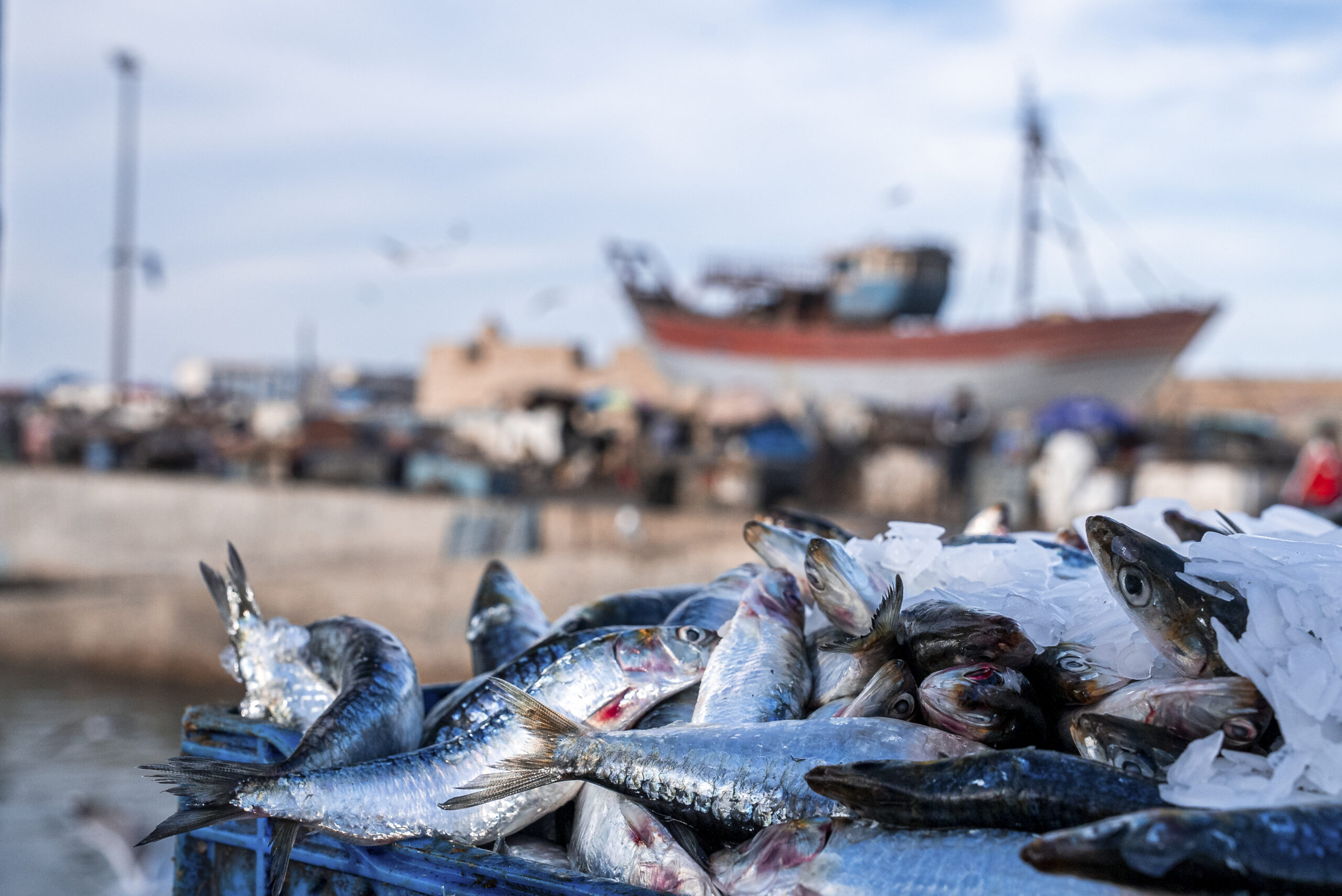
Sahal Hall, Waberi district Mogadishu, Somalia
30 Oct 2023 8:00 - 16:00
Promoting Somalia's Local Production Sectors
Know More About The Event
The forum aims to promote sustainable local production and to reduce dependence on imports by boosting Somali exports of quality agriculture and fish, increasing dairy production, and increasing jobs in these key areas.
Event in Numbers
Business leaders
Government Officials
Speakers
Attendees
Exhibitors
Event in Pictures
Meet Our Speakers
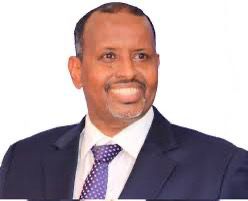
Mahamud Abdi Ali Gabeire
President of the Somali Chamber of Commerce & Industry
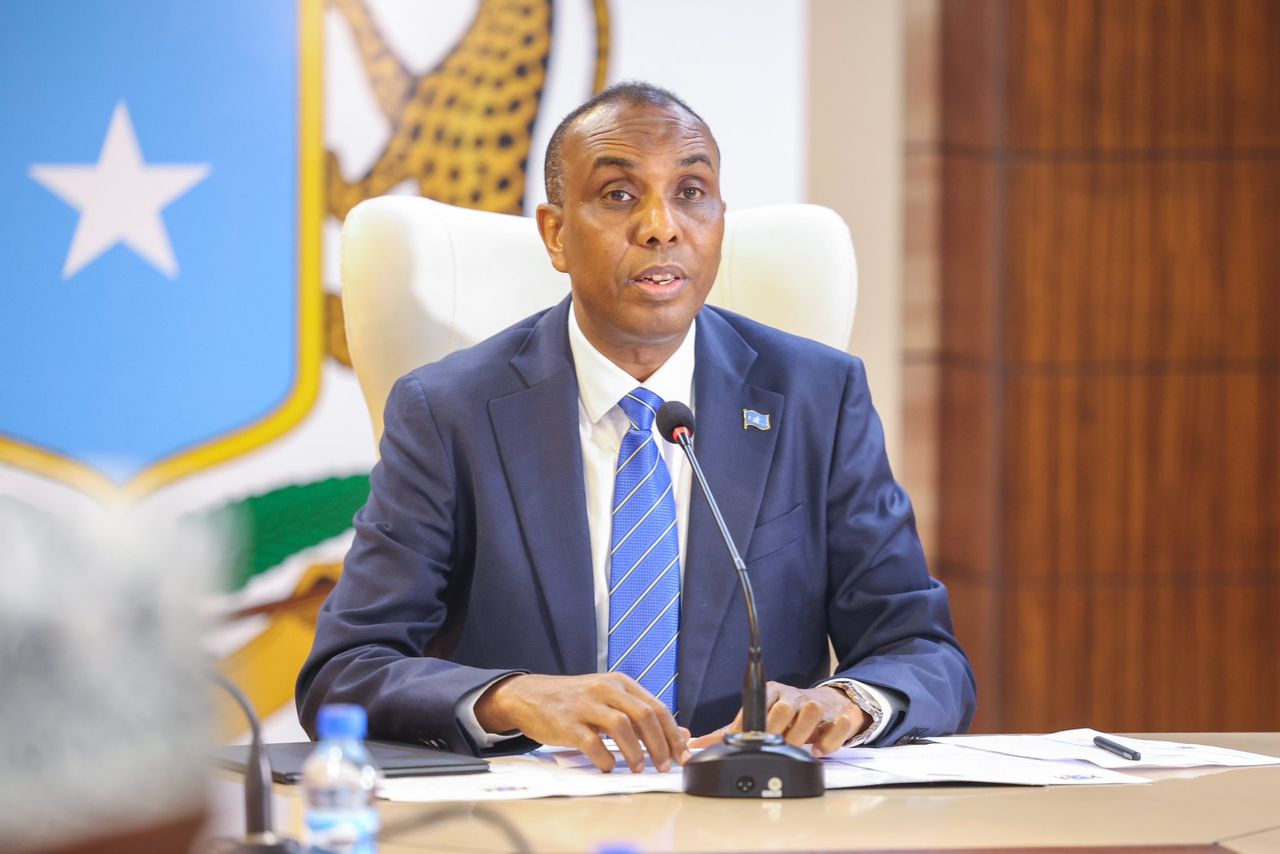
Hamza Abdi Barre
Prime Minister of Somalia
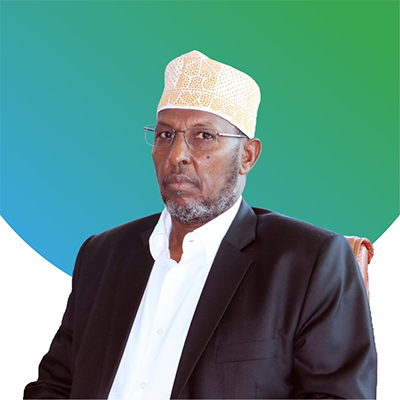
Ahmed M. Yusuf
CEO of Hormuud
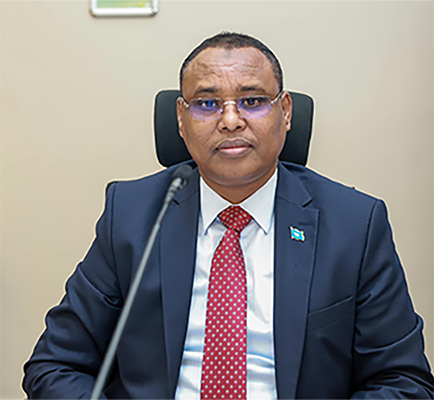
Jibril Abdirashid Haji
Minister of Commerce & Industry
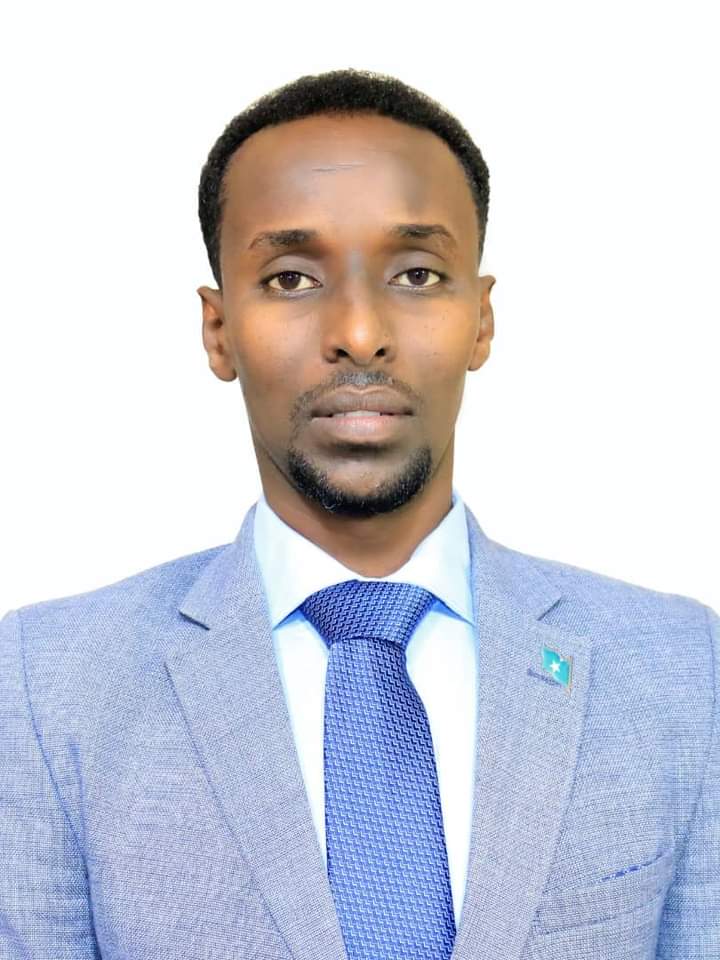
YASIN M. IBAR
CEO of Somali Bankers Association
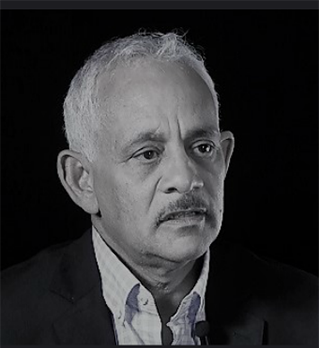
Dr.Hussein Haji
SATG Executive Director
Our Platinum Sponsors
